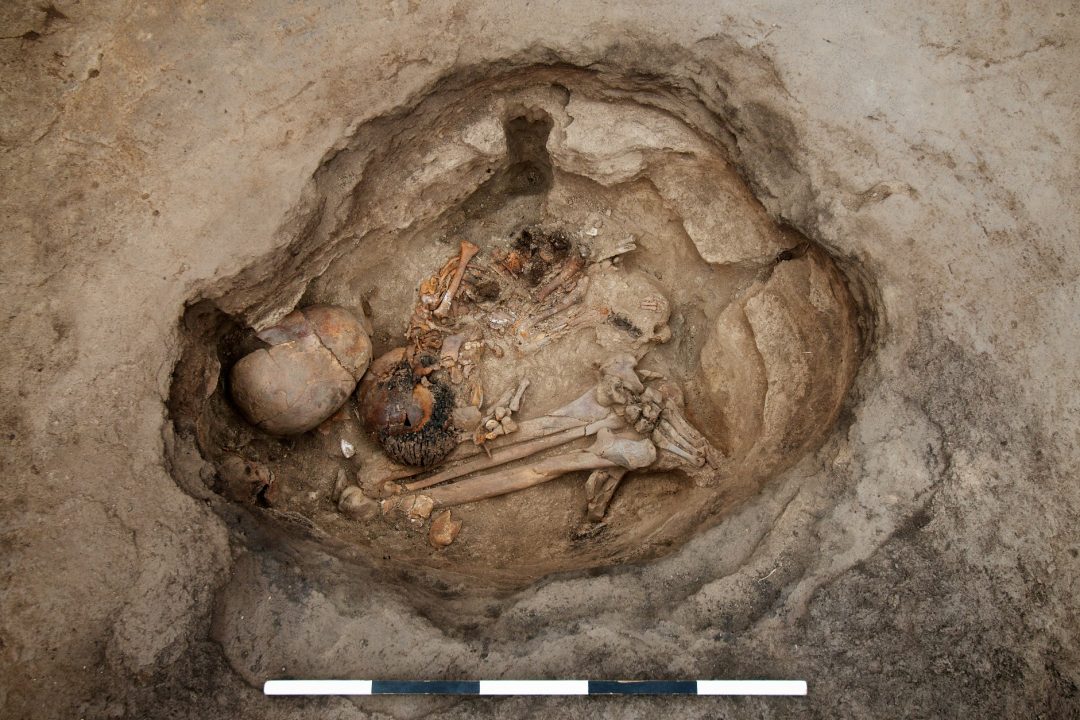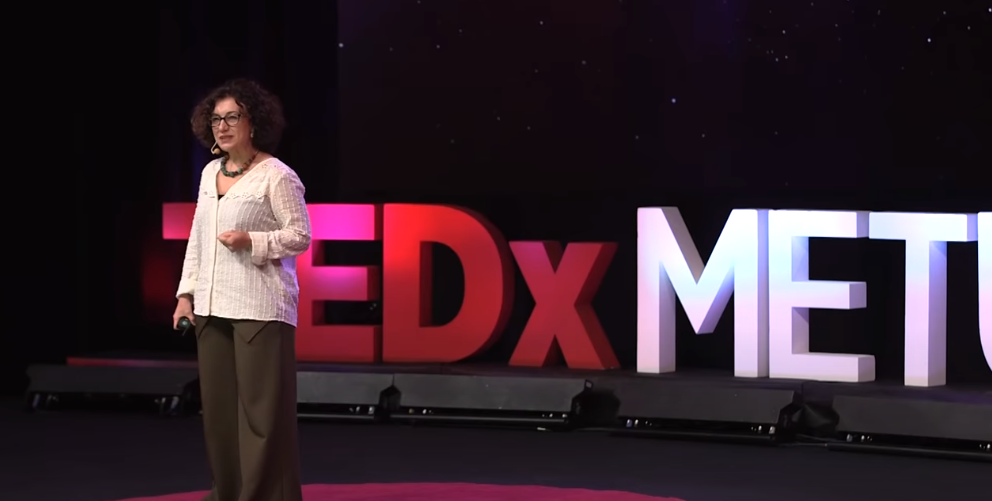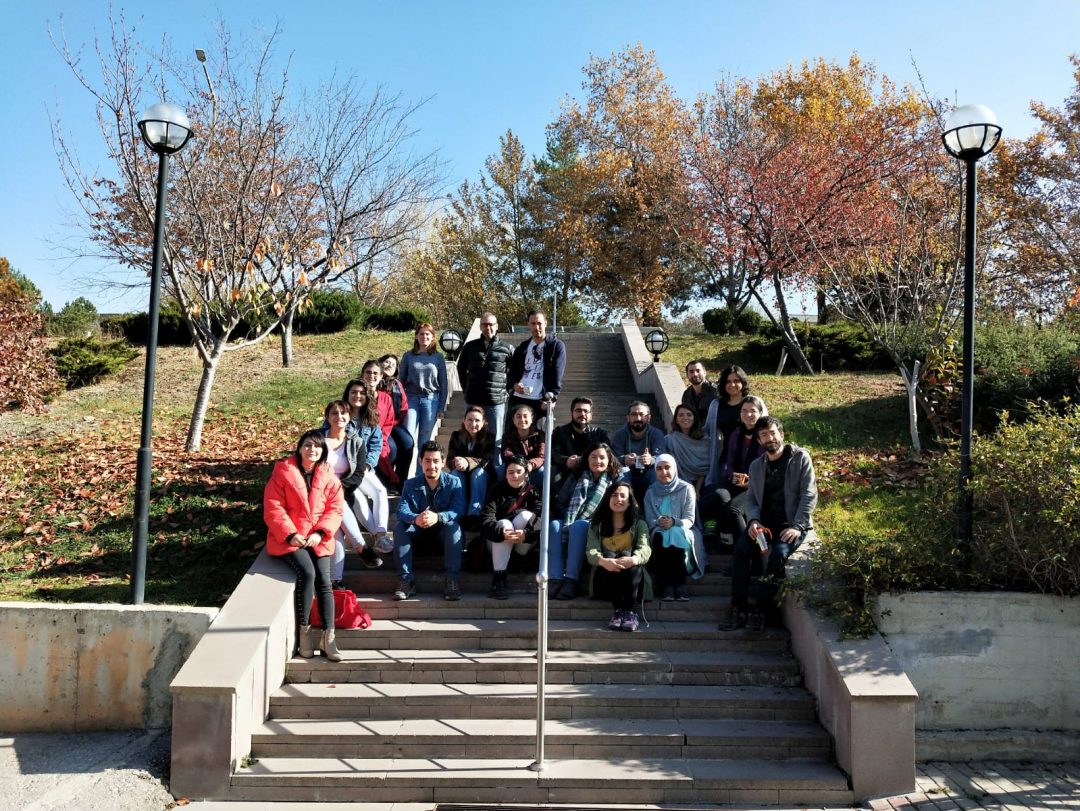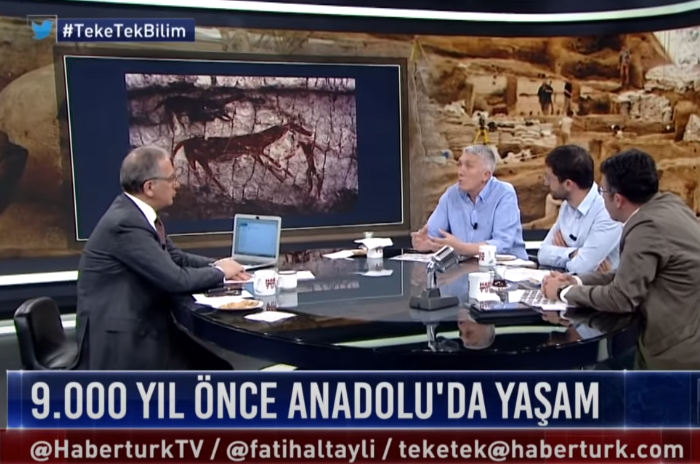Below you may find the full text of our call, published as a “Correspondance” article in Nature by Mehmet Somel, N. Ezgi Altınışık, Füsun Özer & María C. Ávila-Arcos:
The expansion of ancient-DNA research has seen a few well-funded genetics groups hoarding archaeological material from all over the world, so comprehensive ethical guidelines are timely (see S. Alpaslan-Roodenberg et al. Nature 599, 41–46; 2021). But well-intended proposals for researchers from prestigious institutions to engage with local stakeholders will need radical reinforcement if contributing researchers in lower-income regions are to be recognized as equal collaborators.
Any ancient-DNA research group pursuing a historical problem in a region where research capacity is underdeveloped should start by seeking partners among local geneticists, archaeologists and anthropologists, instead of directly importing material. On-site participation by local research groups must be prioritized at all stages, including data analysis and manuscript preparation. Wealthier partners should be willing to modify their research agendas, scaling them down or extending deadlines as necessary to accommodate local researchers.
Correcting asymmetric collaboration practices will allow sustainable expansion of research on ancient DNA, as well as in other fields such as ecology and geology, in which local resources are similarly exploited.
Nature 600, 37 (2021)




